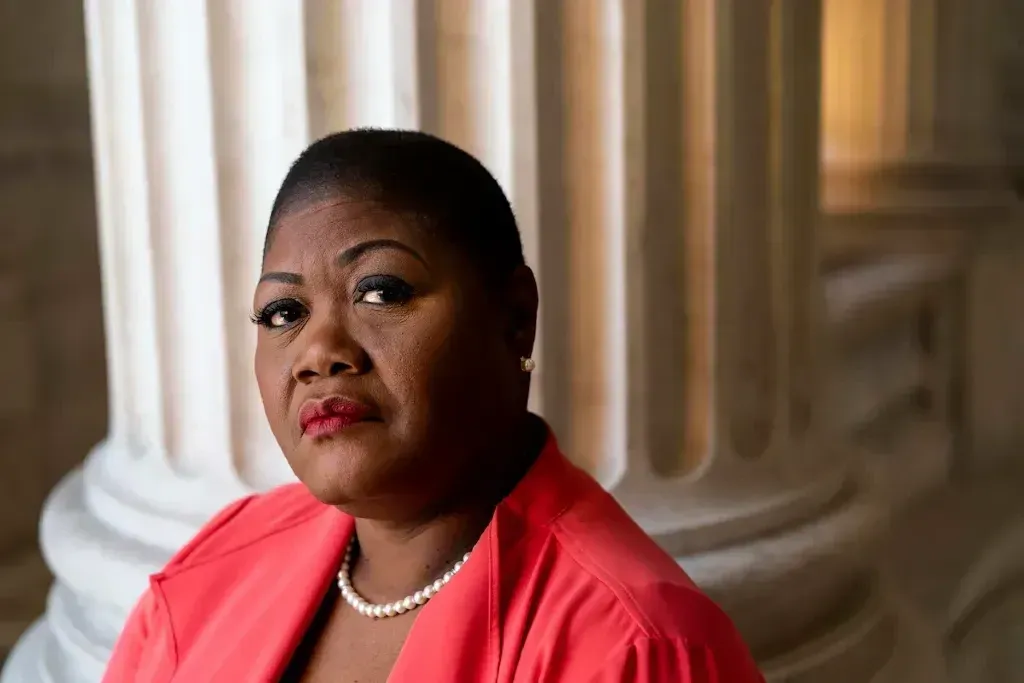Black Orgs Back Rosenworcel on Uniform Phone Unlocking Proposal
Groups argue that unlocking rules will promote digital equity.
Jericho Casper

WASHINGTON, Oct. 15, 2024 – A proposed federal mandate to unlock phones after 60 days, even if still under contract, could level the playing field for low-income and Black communities who depend on smartphones as their main gateway to the internet, according to an minority advocate.
The National Coalition on Black Civic Participation and its Black Women’s Roundtable on Tuesday strongly endorsed FCC Chairwoman Jessica Rosenworcel's proposal to establish uniform, industry-wide rules for unlocking mobile devices.
The FCC’s proposal would require wireless carriers to unlock phones within 60 days of activation, even if the phone isn’t fully paid off, as long as no fraud was involved.
NCBCP’s letter to the FCC, signed by CEO Melanie Campbell, emphasized Rosenworcel’s proposal was crucial for communities that rely on smartphones as their primary access to the internet, particularly Black consumers. The letter stressed that for Black communities, smartphones are more than just communication devices – they have become lifelines to healthcare, education, and employment opportunities.
The NCBCP and BWR argued that unlocking phones would not only promote digital equity but also empower consumers to switch providers without facing financial penalties. "Locked devices pose an affordability barrier for low-income consumers which frustrates the FCC's goal of achieving digital equity," the letter said.
"By removing this barrier, we create a more level playing field for low-income consumers, especially in communities of color."
The letter also countered concerns, notably raised by AT&T, that mandatory phone unlocking might disrupt providers' participation in subsidy programs. However, it highlights that both Verizon and T-Mobile, which have been subject to FCC unlocking requirements for years, continue to support initiatives like Lifeline and the Affordable Connectivity Program. “Verizon and T-Mobile have shown that unlocking devices doesn’t equate to abandoning critical subsidy programs,” the letter argued.
The NCBCP and BWR’s letter called on the FCC to move forward with the rule, asserting that “a uniform unlocking standard would spur competition, reduce consumer confusion, and give Black communities the freedom to choose the service that best meets their needs.”
A Pew Research Center report from January revealed 21% of Black adults in the U.S. rely on smartphones as their primary means of internet access, compared to 20% of Hispanic adults and 12% of White adults.











Member discussion